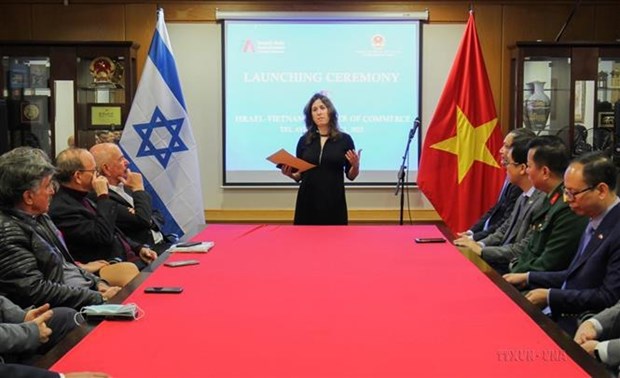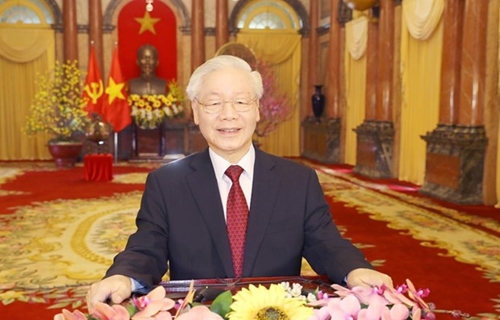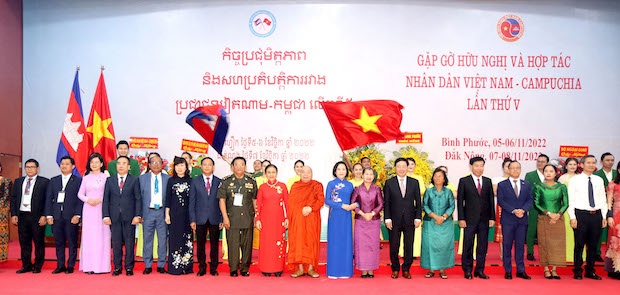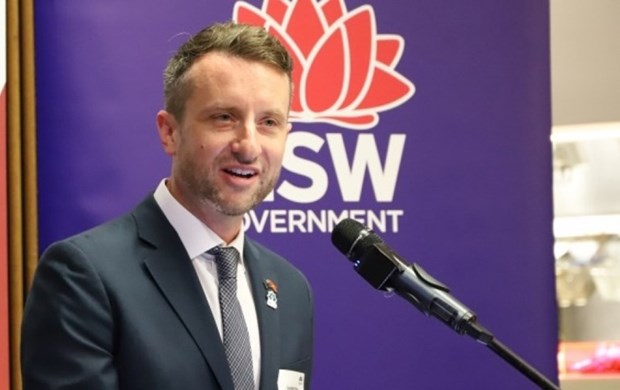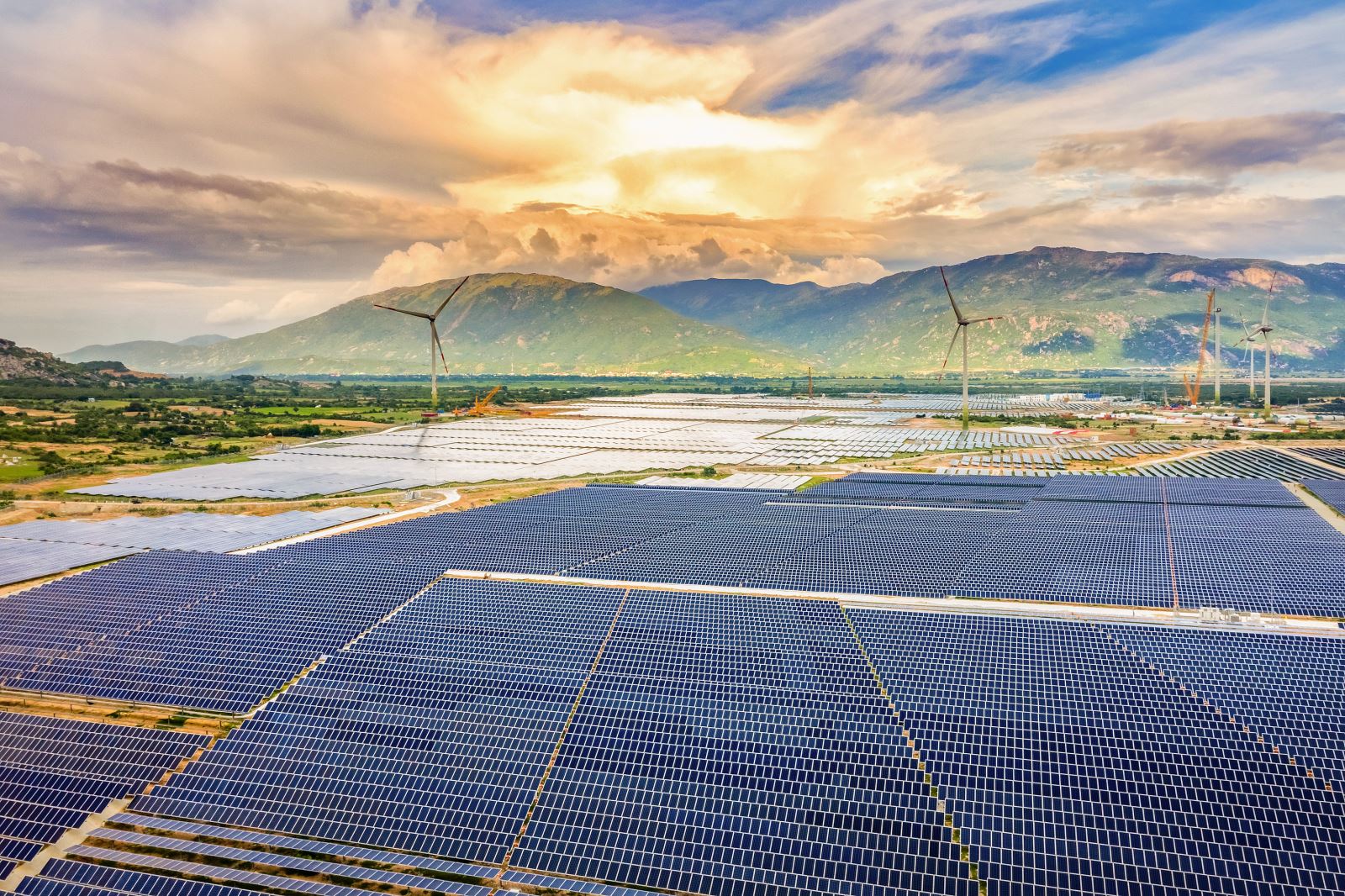
The workshop also brings together representatives from the International Partners Group (IPG), the Glasgow Financial Alliance for Net Zero (GFANZ), development partners, key Vietnamese ministries and representatives from 63 provinces, and other stakeholders, to promote dialogue and enhance understanding for an accelerated and sustainable just energy transition.
This high-level event seeks to strengthen international coordination, particularly emphasizing South-South collaboration in the just energy transition. Furthermore, it aims to promote mutual understanding on finance among diverse stakeholders, including donors, financing entities, the private sector, and governments. The workshop also emphasizes the importance of the “just” aspects of the energy transition, and ambitions to support energy transition efforts across nations while advancing national energy transition agendas and goals.
Addressing the imperative of limiting the global average temperature increase to 1.5°C above pre-industrial levels as the Paris Agreement mandates, the workshop emphasizes the need for innovative, equitable, and sustainable approaches to decarbonize economies and achieve climate and development objectives. The concept of a just energy transition is recognized as a catalyst for achieving the Sustainable Development Goals (SDGs), fostering job creation, enhancing access to clean energy and building resilience.
To realize the just energy transition, developing countries require multi-faceted international support in the form of finance, technology, knowledge and capacity building to effectively decarbonize their economies and establish low-carbon development pathways.
“Viet Nam is one of the countries most affected by climate change, often hit by floods, droughts, sea level rise, extreme weather events... Viet Nam’s central development policy has always been to consistently build a green, circular and eco-friendly economy. Although just energy transition will bring many benefits, it will also pose many difficulties and challenges for developing countries, including Viet Nam. These challenges include ensuring socio-economic development; ensuring the interests of the state, of our people and businesses; ensuring employment and incomes for workers suffering from job losses. These difficulties are also in terms of technology, capital, and capacity. Just energy transition as well as implementation of JETP is new, requiring comprehensive transition in various sectors, fields, and levels. Therefore, it is extremely necessary to exchange and share experiences among countries, and to share knowledge of experts on issues related to energy. To ensure a successful transition, besides domestic efforts and resources, we really need multifaceted support from the international community.” said Mr. Do Hung Viet, Vice Minister of Foreign Affairs.
The workshop agenda includes three sessions. Session 1 focuses on governance, planning and investment in the context of the implementation of JETPs, including on the establishment of the JETP Secretariat in Indonesia, the development of the JETP Investment Plan in South Africa, and overall prioritization. Session 2 delves into finance, technology, and the “just” considerations and social aspects of the energy transition. Session 3 offers a platform for plenary discussions in which diverse views and perspectives from different stakeholders can be shared, as well as presents an opportunity for discussion on the way forward as we work to collectively realize an equitable and inclusive energy transition.
“Climate and innovative finance – both domestic and foreign, and both private and public - is of paramount importance in the energy transition. Governments can create favourable conditions for private investment by putting in place forward-looking and transparent regulatory and pricing regimes, and through strategic public investments in essential infrastructure,” said Ms. Ramla Khalidi, UNDP Resident Representative in Viet Nam.
“The energy transition needs to be fair and equity-driven for developing countries to transition sustainably to low-carbon economies and establish climate-resilient trajectories, while realising their sustainable development objectives. The energy transition must be just and inclusive for workers, local communities, and affected people through creation of new economic opportunities, job creation, and reskilling, capacity-building and enhancing social safety nets,” said Ms. Ramla Khalidi, UNDP Resident Representative in Viet Nam.
The hybrid format of the workshop enables over 300 participants from diverse sectors engaged in the energy transition; representatives from the Central Committee of the Communist Party of Viet Nam, National Assembly, ministries, and 63 provinces of Viet Nam; high-level government officials and Ambassadors of developing countries; private sector stakeholders; and development partners to participate both physically and virtually.
Q.Hoa t.h / Source: UNDP

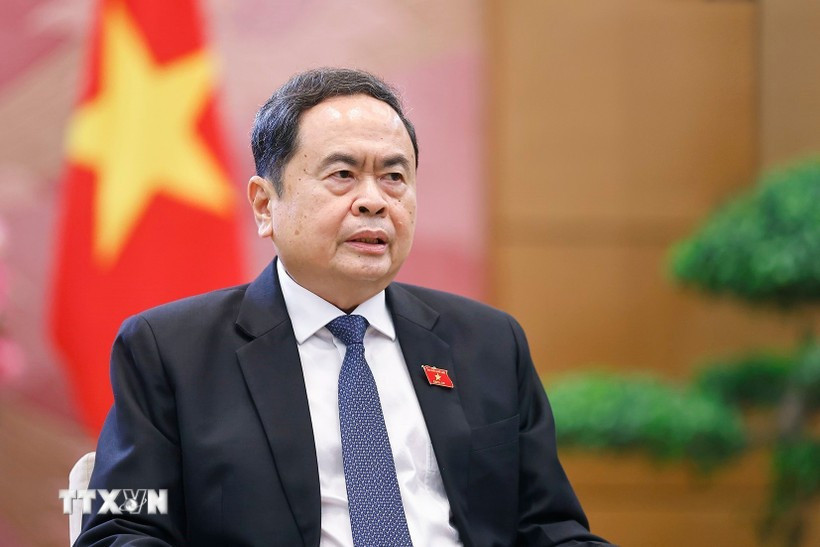
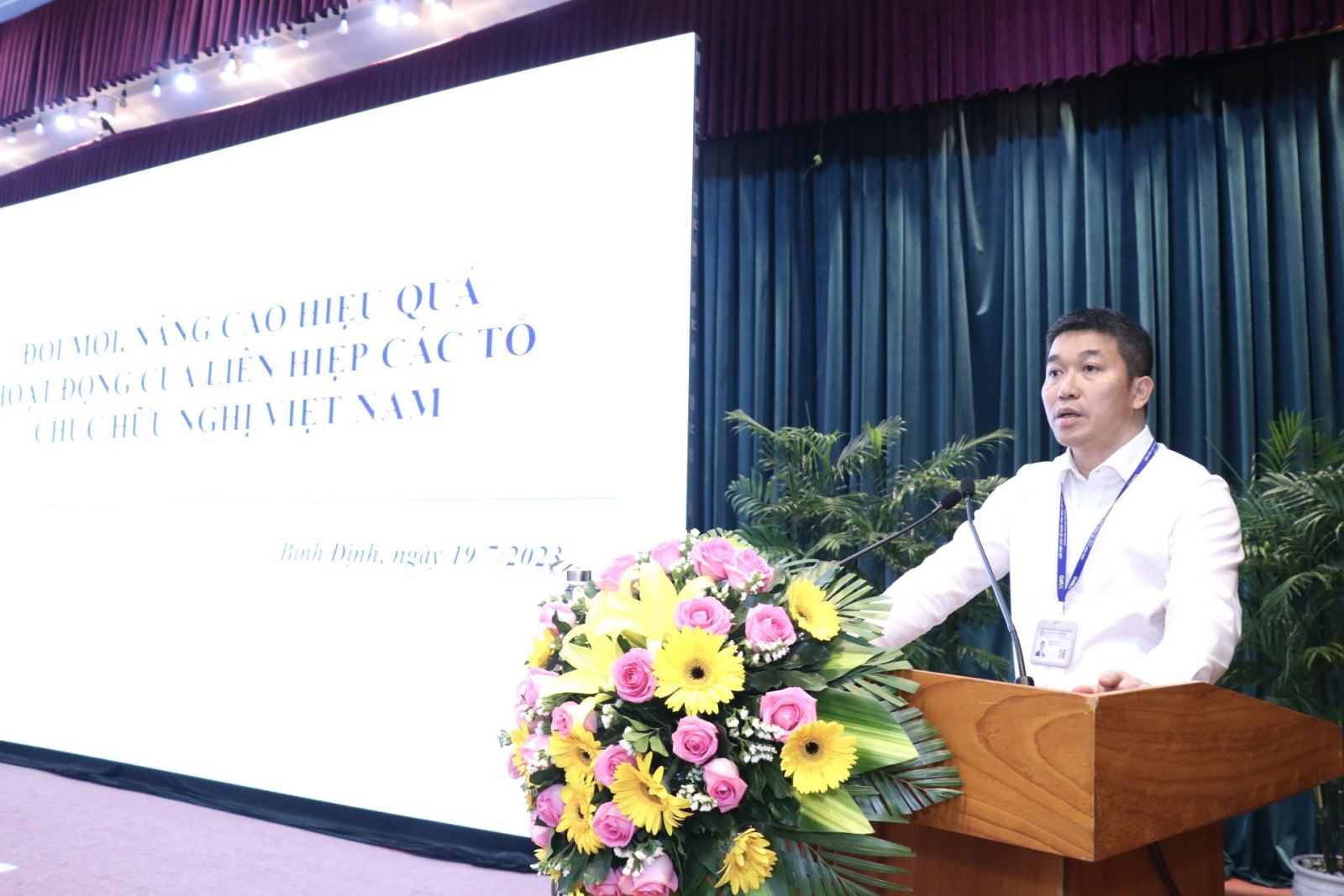
.jpg)
.jpg)
